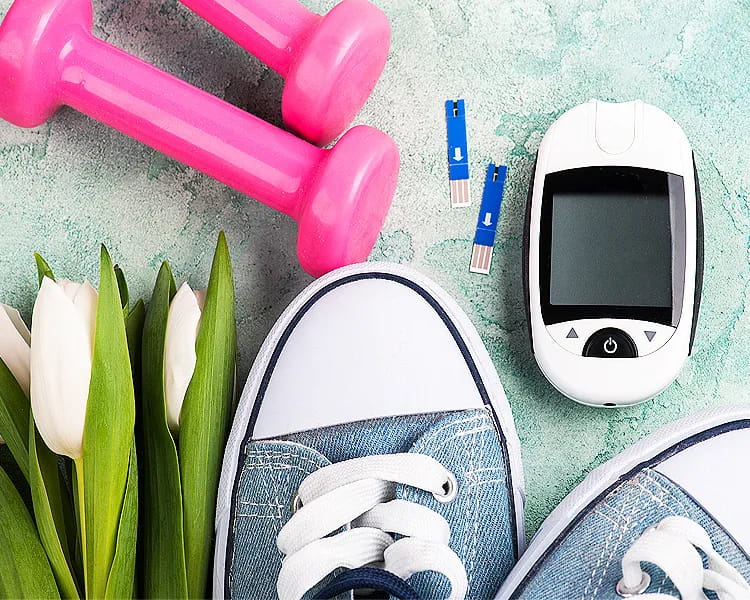Key highlights or summary
- Prevention happens through daily choices, not overnight changes. Small, consistent habits—like eating more whole grains or walking for 30 minutes—create lasting protection.
- Type 2 diabetes builds over time, but so does your power to stop it.
- Noticing early symptoms gives you an advantage. If you're often thirsty, tired, or dealing with slow-healing wounds, your body might be trying to tell you something.
- Your plate is your best tool to work on. Choosing fibre-rich foods, cutting sugary drinks, and using healthy oils helps balance blood sugar naturally.
- Fad diets and skipping meals won't cut it in the long term, but habits will.
- Restrictive eating won't work, but consistent movement and managing stress will. The aim isn't restriction—it's sustainability.

How was the experience with the article?
We'd love to know